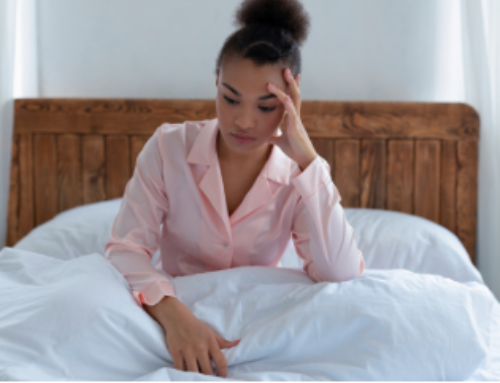From cell phones and caffeine to school start times and homework, there are many things that keep teenagers from getting enough sleep at night.
It’s recommended that teens sleep 8-10 hours a night. But many teens are not getting enough sleep. In fact, more than 70% of high school students report getting fewer than 8 hours of sleep on an average school night.
A lack of sleep can have a negative effect on teens’ mental health and decision-making skills.
Teens who get fewer than 8 hours of sleep on average school nights are more likely to participate in risky behaviors. For example, a survey of more than 12,000 high school students found that teens who did not get enough sleep were more likely to drink alcohol, smoke cigarettes, or use marijuana.
For those teens who turn to marijuana, there may be long-lasting effects on sleep into adulthood.
More and more, marijuana is marketed as a sleep aid. However, new research suggests that marijuana use at a young age could negatively affect sleep later in life.
Researchers at the University of Colorado Boulder found that teens who use marijuana are more likely to experience insomnia as an adult. The study of 1,800 twins found that a third of participants who started smoking marijuana before age 17 developed insomnia as young adults.
Parents have an important role in helping teens develop healthy sleep habits that will benefit them into adulthood. Follow these five sleep tips for parents of tired teens. Establishing a defined bedtime can also help teens sleep longer.
Supporting healthy sleep in teens will help them make smarter choices today and create a better tomorrow.
Authored by:
Kate Robards





